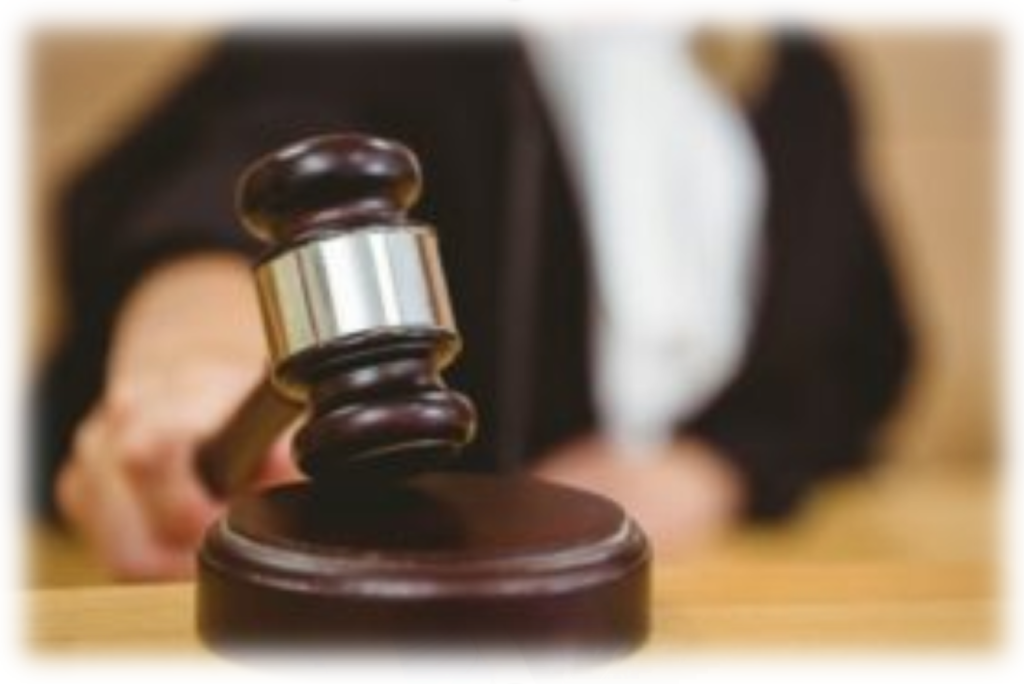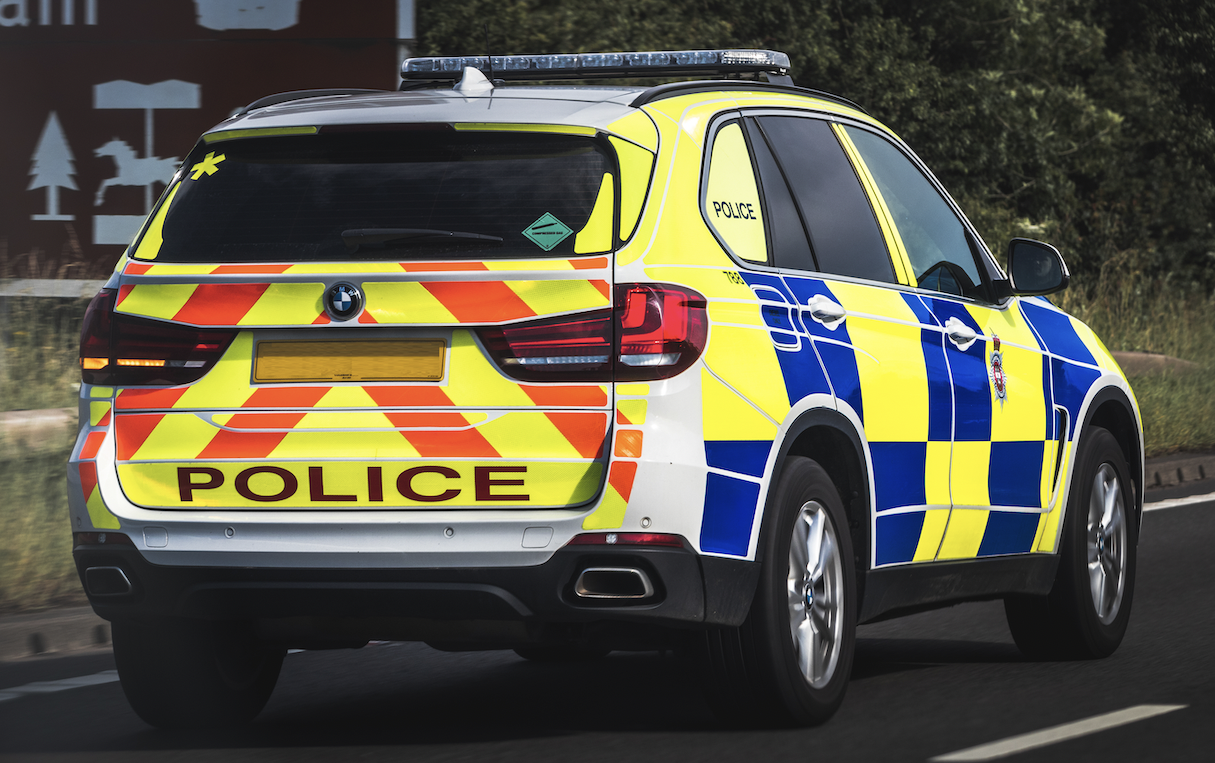While we all try to stay within advised speed limits, there may be an odd moment when you find yourself on the wrong side of the law by speeding. You may be flashed by a speed camera on an unfamiliar road, caught in roadworks with temporary speed limits and cameras, or by a mobile speed camera, but however you are caught, you can pretty much guarantee that a letter with a penalty notification will be coming in the post to you.
It is really important to understand that speed limits are in place for good reasons. Since speed enforcement has been in place, it has saved many thousands of lives, especially our children’s lives, where speed limits have been reduced to 20mph or lower near educational and play areas. The lower the speed signs seen on your journey, the more likely there have been fatal and severe accidents in the area historically, so it is essential to bear this in mind.
You will receive a penalty Section 172 notice and a letter of intended prosecution (NIP) in the post if you have been caught speeding. You may or may not be aware this was coming, but it must not be ignored. You must also return it within 28 days. Once you have returned the 172 notice form, and if it was not you driving – with the correct driver’s name and details on, you will receive a Fixed Penalty Notice (FPN) or a letter asking you to attend court. At this point, if you need to attend court, you can decide to plead guilty or not guilty, take a penalty or defend your case in court.

You should receive an NIP within 14 days of the offence, which will be posted to the vehicle’s registered keeper. Sometimes, it may take longer to receive the notice if you drive a hired or company car. This is why it is essential to update your V5 document if you move house, as an NIP left unaddressed can lead to a Warrant of Control, where bailiffs can get involved to recover fines. If not addressed within 28 days, the case will be referred to court.
Most speeding issues are classed as minor and will receive a Fixed Penalty Notice (FPN), a statutory £100 fine and 3 penalty points on your licence. In most cases, especially for a first-time offence, you may be offered a speed awareness course instead of penalty points. These courses are usually taken locally and are organised by your local police authority. There is a cost to take the course, about the same as the fine, but this route will likely not impact your insurance premiums. You will be unlikely to be offered another speed awareness course if you have been caught speeding again within a 3-6 year period.
Speeding needs to be taken seriously, as losing your driving licence can significantly impact your life. If you are caught speeding in Band B and Band C, you can be disqualified for 7 to 56 days. The table below explains the speeding bands and the potential consequences.
| Speed Sign | Band A | Band B | Band C |
| 20 | 21-30 | 31-40 | 41and over |
| 30 | 31-40 | 41-50 | 51 and over |
| 40 | 41-55 | 56-65 | 65 and over |
| 50 | 51-65 | 65-75 | 75 and over |
| 60 | 61-80 | 81-90 | 91 and over |
| 70 | 71-90 | 91-100 | 101 and over |
| Penalty | 3 pts | 4-6 pts or 7-28 day ban | 6 pts or 7-56 day ban |
| Fine | 25-75% weekly income | 75-125% weekly income | 125-175% weekly income |
Serious speeding offences will be referred to court, which can result in an instant suspension of your driving licence. The fines can be up to £1,000, or if caught speeding on a motorway, up to £2,500.
On any given day, local Magistrates deal with numerous traffic offences, and it is their duty to keep reckless drivers off the roads, so they would have heard every story in the book for speeding excuses. They will make decisions based on the safety of others foremostly. Still, they will consider the impact of how losing your licence could potentially cost you your job, or you were speeding because of a proven emergency. Courts will not look favourably on serial speeders and are far more likely to issue a disqualification in such cases of totting up because this almost shows you are paying no regard to previous warnings.
If you find yourself defending your driving licence in court, you need to show the Magistrates your remorse and how you have taken full responsibility for your actions. It is advisable to have a motoring offence solicitor and take an advanced driver training session to show the court how you have addressed your issues and intend to continually improve your speed and safety awareness. Both of these plus a fine will cost money, but compared to losing your licence, plus trying to find insurance after the loss of a licence, will be a pittance, plus taking an advanced driver training course may well be the difference needed to make you the best driver you should have been in the first place without the excess speed.
You can learn more about our pre-court advanced driving courses here.

